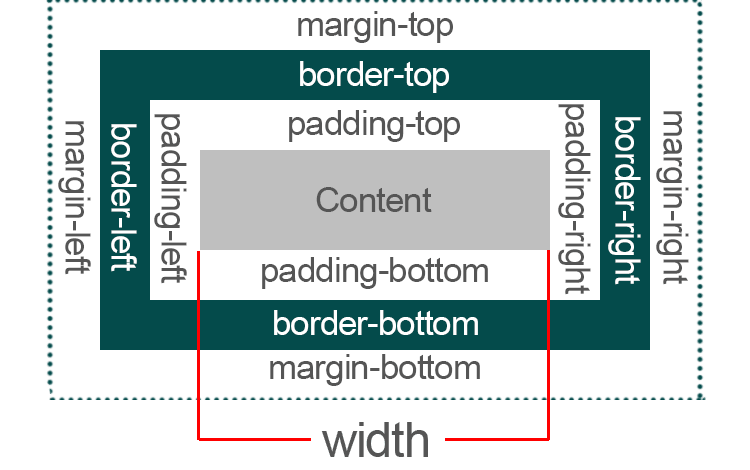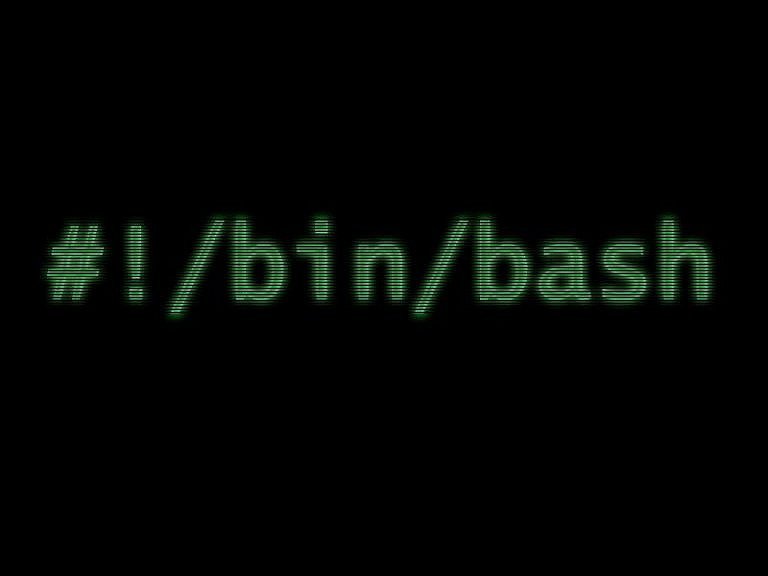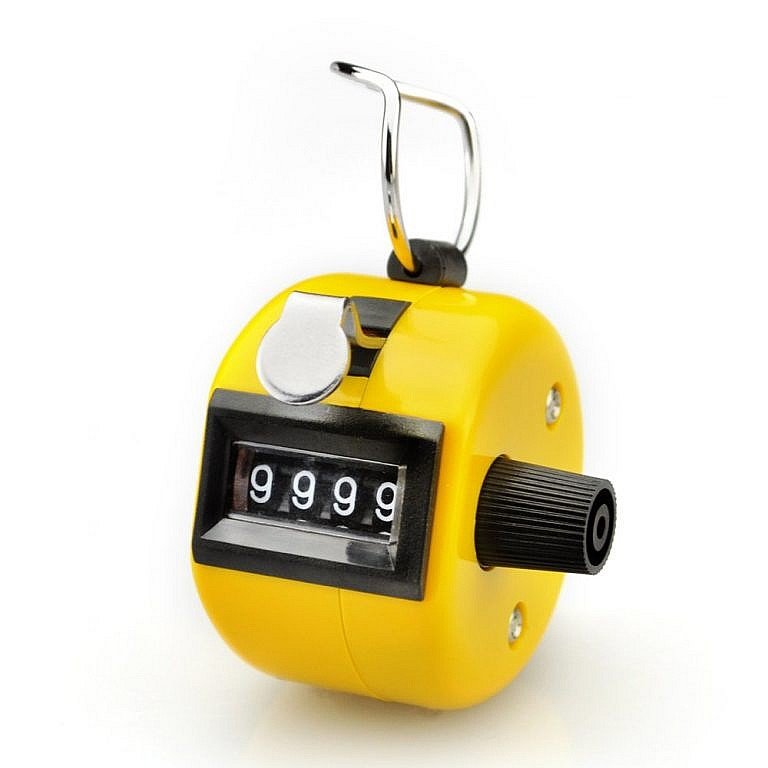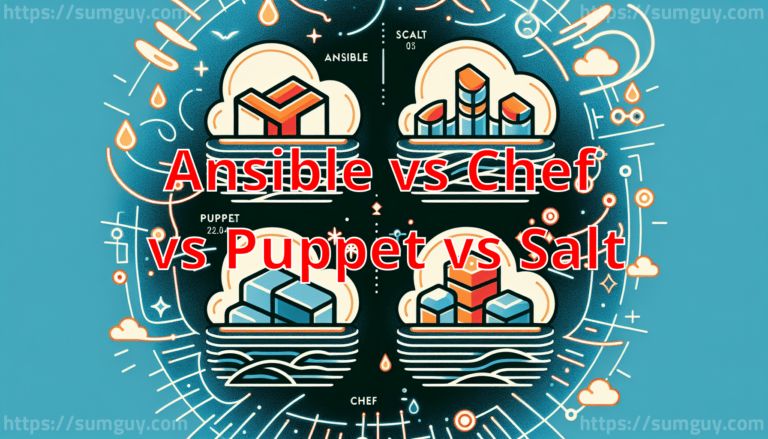PHP Image Magick Drop Shadow
Want to add a simple drop shadow on any image? well here’s how to do it on the fly via PHP and Image Magick.
< ?php $img = new Imagick('images/image.jpg'); $img->setImageFormat('png');
$shadowed = $img->clone();
$drop_shadow = $img->clone();
$drop_shadow->setImageBackgroundColor( new ImagickPixel( 'black' ) );
$drop_shadow->shadowImage( 80, 3, 5, 5 );
$drop_shadow->compositeImage( $img, Imagick::COMPOSITE_OVER, 0, 0 );
header( "Content-Type: image/jpeg" );
echo $drop_shadow;
?>
Here’s how to do same via PHP and Image Magick but writing the file out to a second image leaving your original alone.<?php $filename_shdw = 'images/image_shadow.jpg'; if (!file_exists($filename_shdw)) { $img = new Imagick('images/image.jpg'); $img->setImageFormat('png');
$shadowed = $img->clone();
$drop_shadow = $img->clone();
$drop_shadow->setImageBackgroundColor( new ImagickPixel( 'black' ) );
$drop_shadow->shadowImage( 80, 3, 5, 5 );
$drop_shadow->compositeImage( $img, Imagick::COMPOSITE_OVER, 0, 0 );
$drop_shadow->writeImage( 'images/image_shadow.jpg' );
}
echo ' ';
?>
';
?>
these snippets are very simple, you can expand them, include them in your own code, randomize the drop shadow etc. I will expand this in another post.
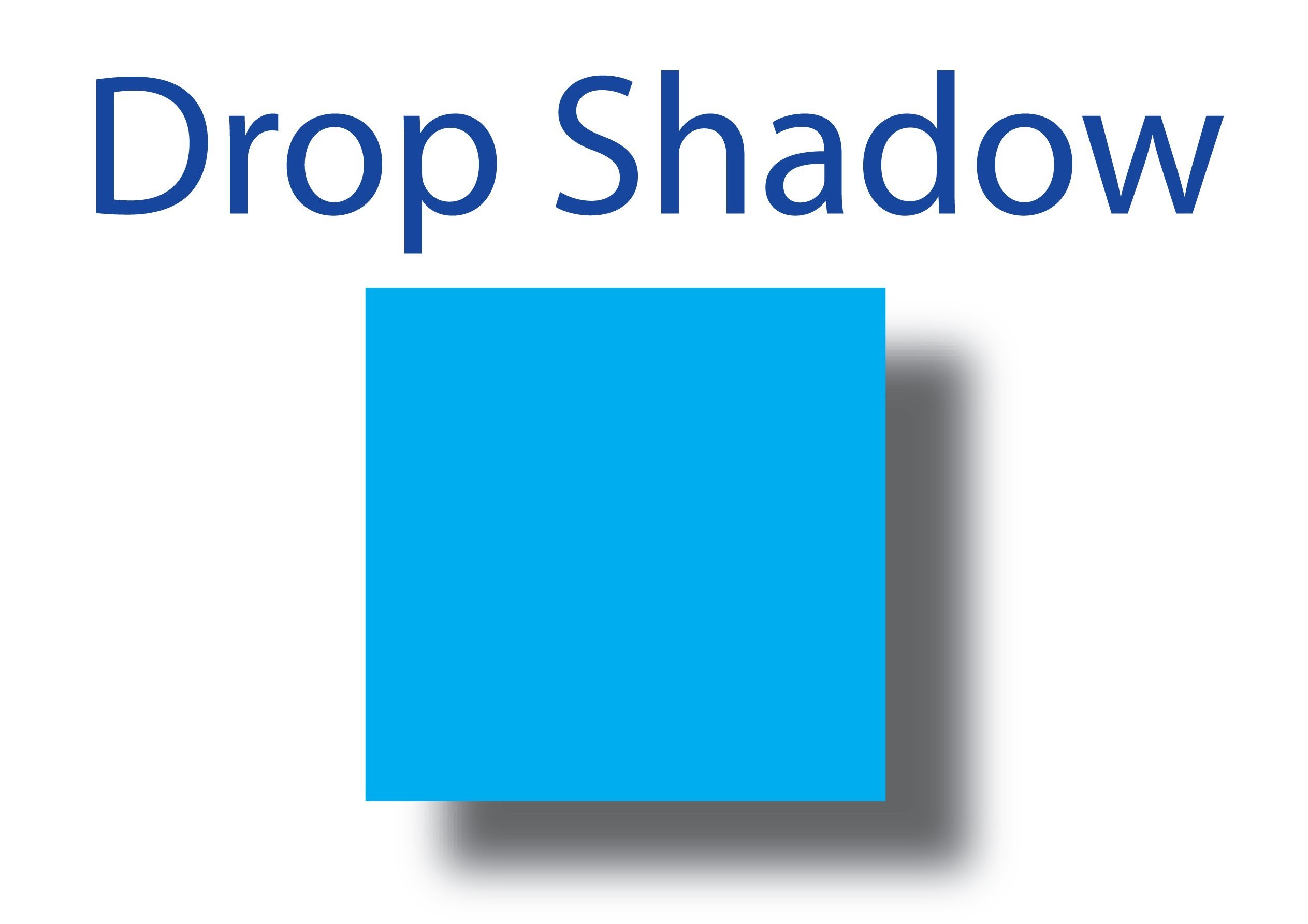
 ';
?>
';
?>
